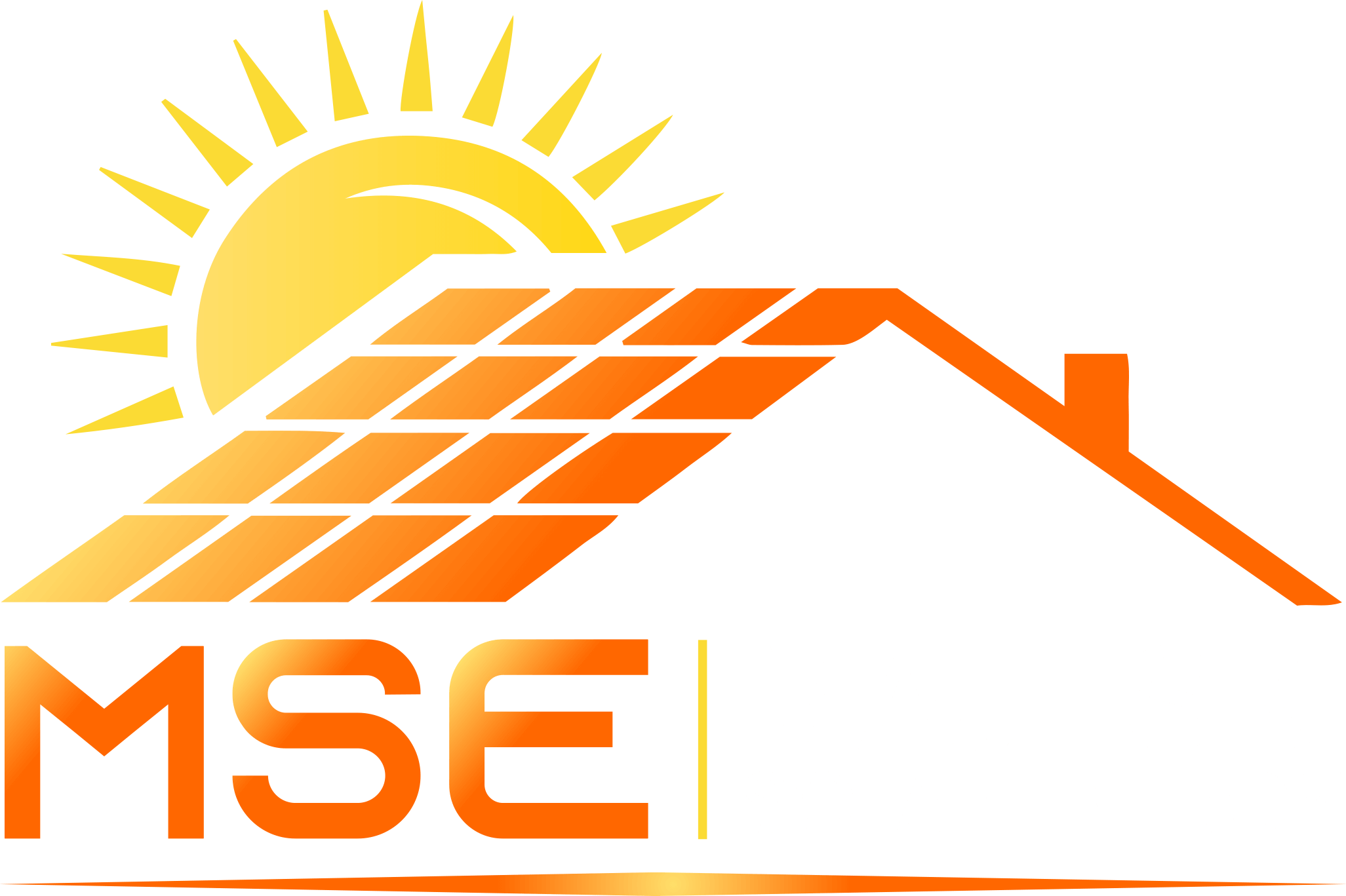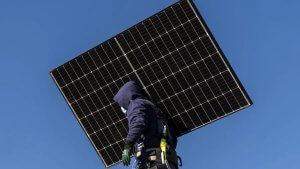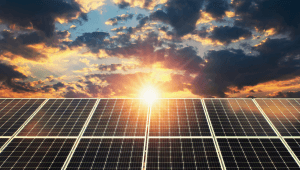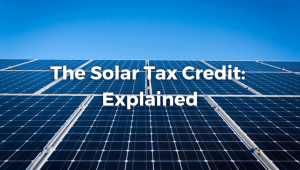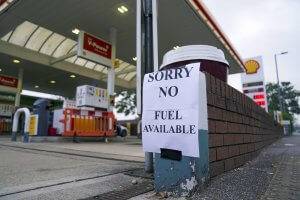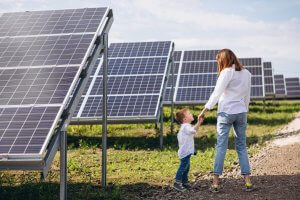
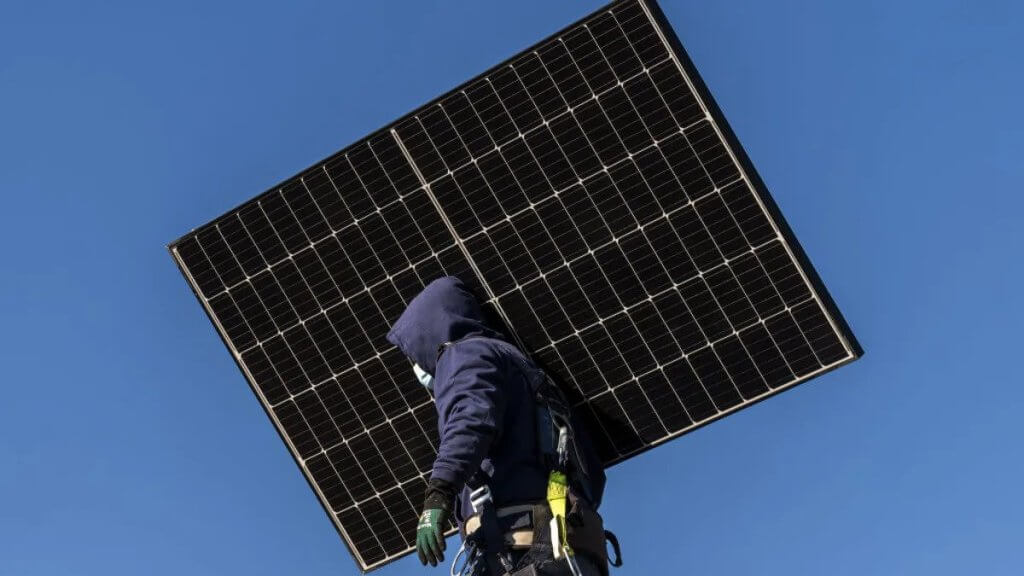
Ready to Ride the Solar Wave? Here's Why There's Never Been a Better Time!
Hey there, solar enthusiasts—or should I say, future solar enthusiasts? If you’ve ever caught yourself wondering if now is the right time to make the leap into solar energy, you’re not alone. I’ve been in the renewable energy game for over two decades, and let me tell you, the landscape has changed dramatically. Solar panels are becoming more affordable every year. But get this—the cost is likely to keep on falling! Yep, it’s a trend as inevitable as the sunrise (pun intended). Call 703-851-5853 Get the best deal, start saving today!
The Solar Time Machine: A Look Back
So, let’s rewind the clock a little. In the ’70s, you could have paid somewhere around $76 per watt for solar panels. Fast forward to today, and that cost has plummeted to less than a dollar per watt. That’s less than a cup of fancy coffee! I remember installing one of those early models and thinking, “Man, this thing better be worth it.” Spoiler: it was, but today’s options are even better.
Technological Innovations
The Material World. New materials are changing the game. Have you heard of perovskites? No, it’s not a new Russian satellite; it’s a material that might just revolutionize solar panels. Perovskites are way cheaper than traditional silicon and can be used in thinner, more flexible panels. I’ve seen prototypes of these, and they’re pretty darn cool.
Efficient Factories
Manufacturing methods are also evolving at a rapid pace. Advanced automation and new production techniques mean that factories can churn out panels faster, cheaper, and more efficiently. Imagine Henry Ford’s assembly line, but for solar panels.
The Whole Solar Package
And let’s not forget about integrated systems. I’ve been to homes that have solar windows and solar roofs, not just panels attached to an existing roof. This integration further lowers costs because you’re replacing building materials and energy generators in one go.
Policy and Financial Incentives
Uncle Sam’s Helping Hand
Governments worldwide, especially here in the U.S., are offering all kinds of incentives to go solar. We’re talking tax credits, grants, and even low-interest loans. A buddy of mine literally transformed his garage into a solar powerhouse thanks to a state grant. He now sells excess energy back to the grid. No kidding!
Venture Into The Solar Frontier
Private investments are also making a big splash. Venture capitalists are pouring money into new solar technologies because they see the vast potential. This influx of capital speeds up innovation and, you guessed it, drives down costs.
Economies of Scale
More is Less. It’s a simple equation: the more we make, the cheaper it gets. Mass production is significantly reducing manufacturing costs, much like what happened with smartphones, TVs, and pretty much any tech gadget out there.
Healthy Competition
Don’t underestimate the power of good ol’ market competition. More companies in the solar game mean more choices and lower prices for you. It’s like Black Friday but for solar panels!
Solar Goes Mainstream
Here’s the thing: solar isn’t some niche technology anymore. It’s mainstream, baby! More people are getting educated about its benefits, increasing demand, and thereby, helping to lower costs. I used to have to explain to people what a solar panel was; now, they’re asking me about grid-tied vs. off-grid systems!
Global Market Factors
It’s Not Just About the Panel. Remember, a solar panel doesn’t work alone. It needs inverters, mounts, and sometimes storage batteries. Good news—the costs for these additional pieces are also going down, making the overall investment even more attractive.
The World is Flat
Global supply chains have become more robust and efficient, ensuring that production costs stay low. If there’s a shortage of some material in one part of the world, there are now more options to fill that gap.
What This Means for Homeowners and Business Owners
All this spells out excellent news for homeowners and business owners. The falling costs are not just a temporary sale; it’s a long-term trend. It’s like investing in a stock that you know is going to rise. Plus, the quicker you invest, the quicker you start saving on those energy bills.
FAQ Section
When is the best time to buy solar panels?
Honestly, the best time was years ago, and the second-best time is now. Costs are low, and the sooner you get in, the quicker you start reaping the benefits.
Are there any downsides to waiting?
While the cost is likely to keep falling, you also miss out on current energy savings and government incentives that might not be around forever.
Do I need to replace my roof before installing solar panels?
Not necessarily. New technologies allow for more flexible installation, but it’s best to consult with a professional to assess your specific situation.
Conclusion
So, will the cost of solar panels keep falling? All signs point to yes. New materials, manufacturing methods, policies, and market factors are all doing their part to make solar energy more accessible than ever. For homeowners and business owners, this isn’t just a trend—it’s an opportunity. An opportunity to invest in a technology that’s not only good for your wallet but also for good ol’ Mother Earth.
Looking to go solar? There’s no time like the present. Call 703-851-5853
🔍Renewable and Clean Energy:
Learn More about The Advantages Of solar Energy
majeski
Leave a Replay
About Majeski
Majeski Solar Is a Solar Installer company, and Top Tier Solar Installer in Washington D.C. , Virginia, and Maryland.
